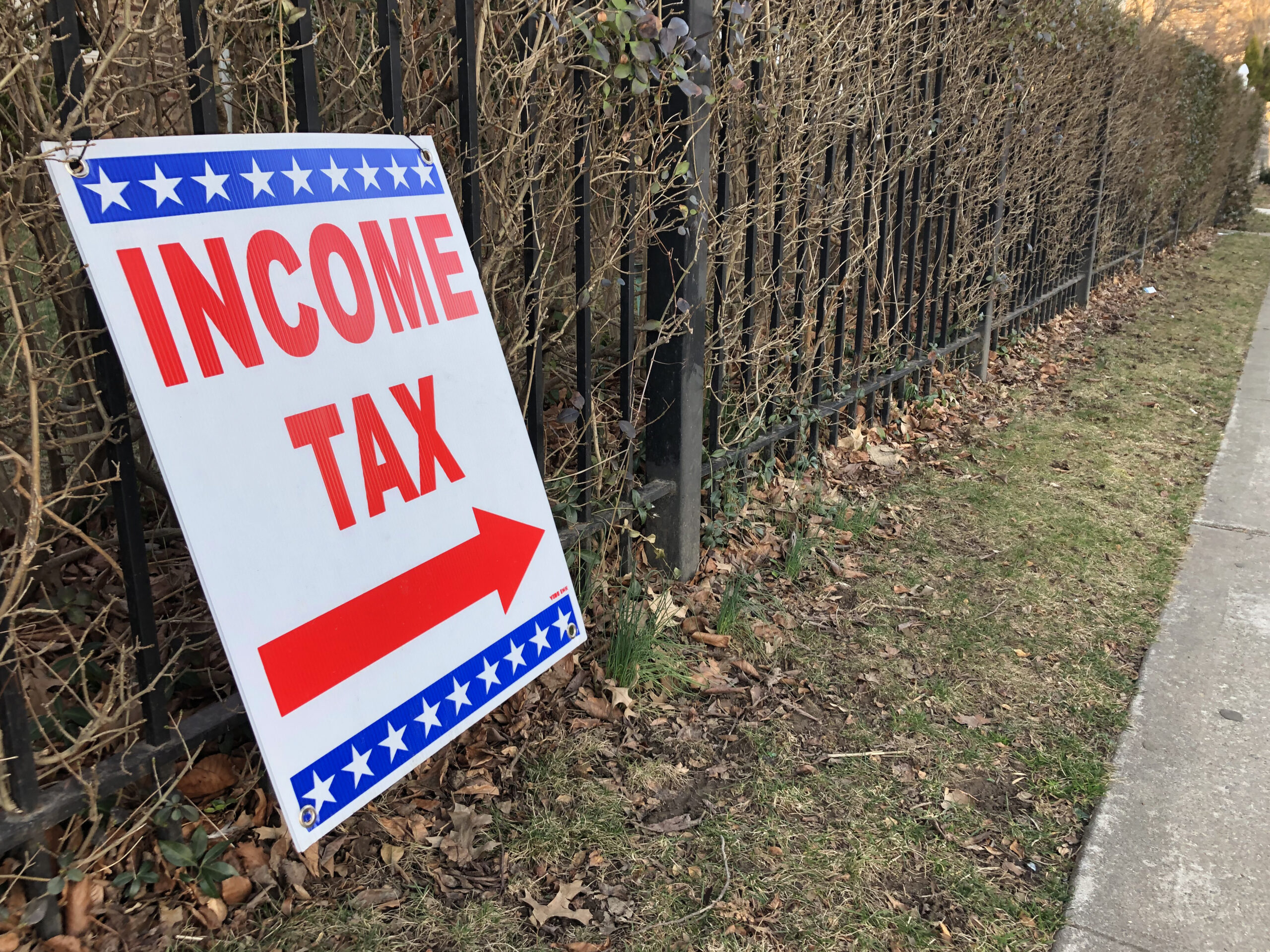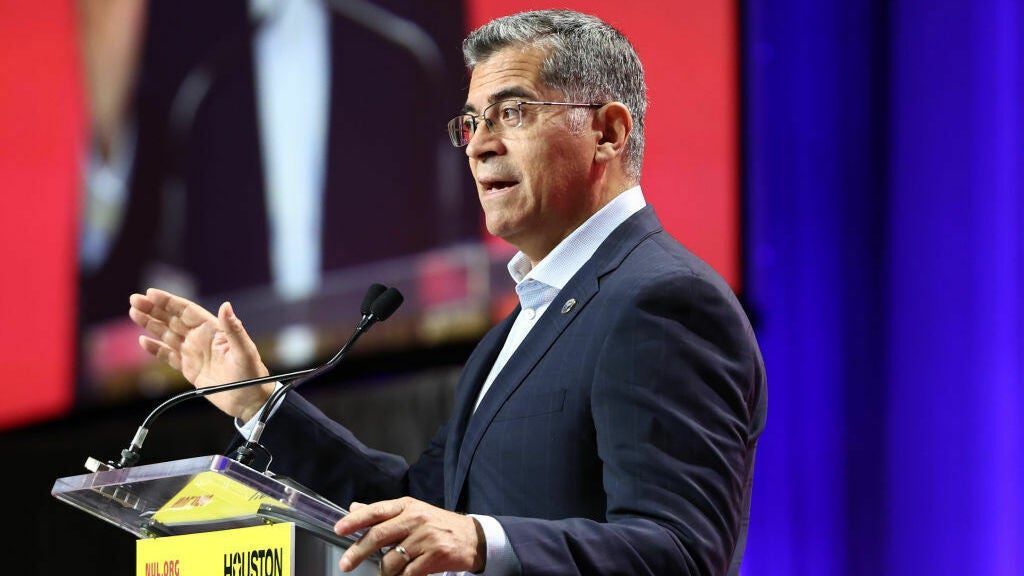What happens or doesn’t happen in Washington affects health care in Wisconsin, and Friday’s failed U.S. Senate vote to replace the Affordable Care Act hasn’t changed concern in the Badger State about Medicaid.
Medicaid was a sticking point in the health care debate and disagreement among U.S. senators helped bring the bill down. But Medicaid could still be changed through other means. So the issue for people such as state Medicaid Director Michael Heifetz isn’t settled.
Wisconsin has cut its uninsured rate nearly in half since 2014 using a mix of private and public health coverage.
Stay informed on the latest news
Sign up for WPR’s email newsletter.
“So our goal throughout this whole debate and moving forward will be to preserve that model and to preserve that access to coverage,” he said.
Health officials are not only concerned about Medicaid but the state’s federal marketplace where people buy health coverage. There are currently 40 counties in Indiana, Ohio and Nevada without any insurers selling plans under the AfCA. Wisconsin’s federal marketplace has at least one insurer in all 72 counties.
“Our exchange has been quite solid due to the diversity and multiplicity of our marketplace, its pretty unique,” Heifetz said. “But we are seeing some signs of weakness and those can grow if the instability continues.”
Anthem Blue Cross Blue Shied won’t sell on Wisconsin’s federal marketplace in 2018, the insurer announced it was pulling out last month. With the health care debate stalled, there’s concern Congress won’t continue cost sharing payments to insurers that help lower the out of pocket costs for consumers. And after senators failed to pass health reform last week, President Trump tweeted “As I said from the beginning, let ObamaCare implode, then deal.”
The Wisconsin Hospital Association, which is concerned about having patients covered under both Medicaid and the ACA insurance market, said in a statement that Wisconsin has a stake in what come next.
“Inaction is not an option nor is intentionally allowing failure of insurance markets an acceptable strategy or outcome,” said Eric Borgerding, WHA President and CEO.
Gov. Scott Walker released a statement Saturday morning on the best way to repeal and replace the ACA. He said the best way to do so is to give each state the responsibility and resources for health care by providing block grants and giving each state the responsibility to make the decisions regarding health care insurance coverage.
Governors and other state leaders are more effective, more efficient, and more accountable to the public. Adequately funded block grants to the states should hold Medicaid expansion states harmless while providing some parity to non-expansion states. Giving states full responsibility allows decisions to be make closer to the people so they can accommodate state and regional needs as opposed to a one-size-fits-all mentality from Washington. The welfare reform law that was signed in 1996 is a model. States were given adequately funded block grants that are still used today and welfare rolls dropped as people transitioned from government dependence to true independence through work.
Editor’s Note: This story was updated at 2:16 p.m. Saturday, July 29, 2017, to include Gov. Scott Walker’s statement.
Wisconsin Public Radio, © Copyright 2024, Board of Regents of the University of Wisconsin System and Wisconsin Educational Communications Board.






